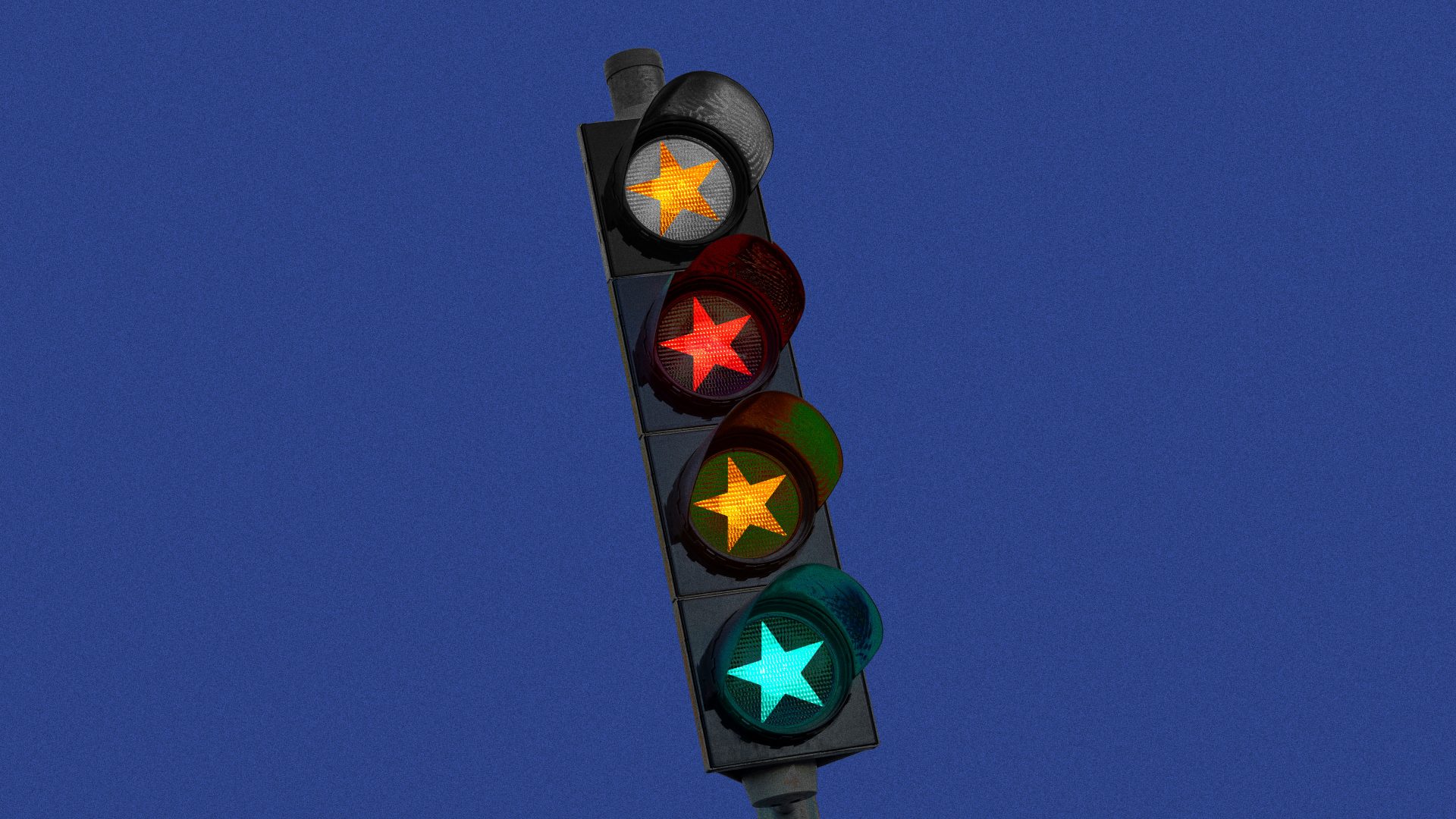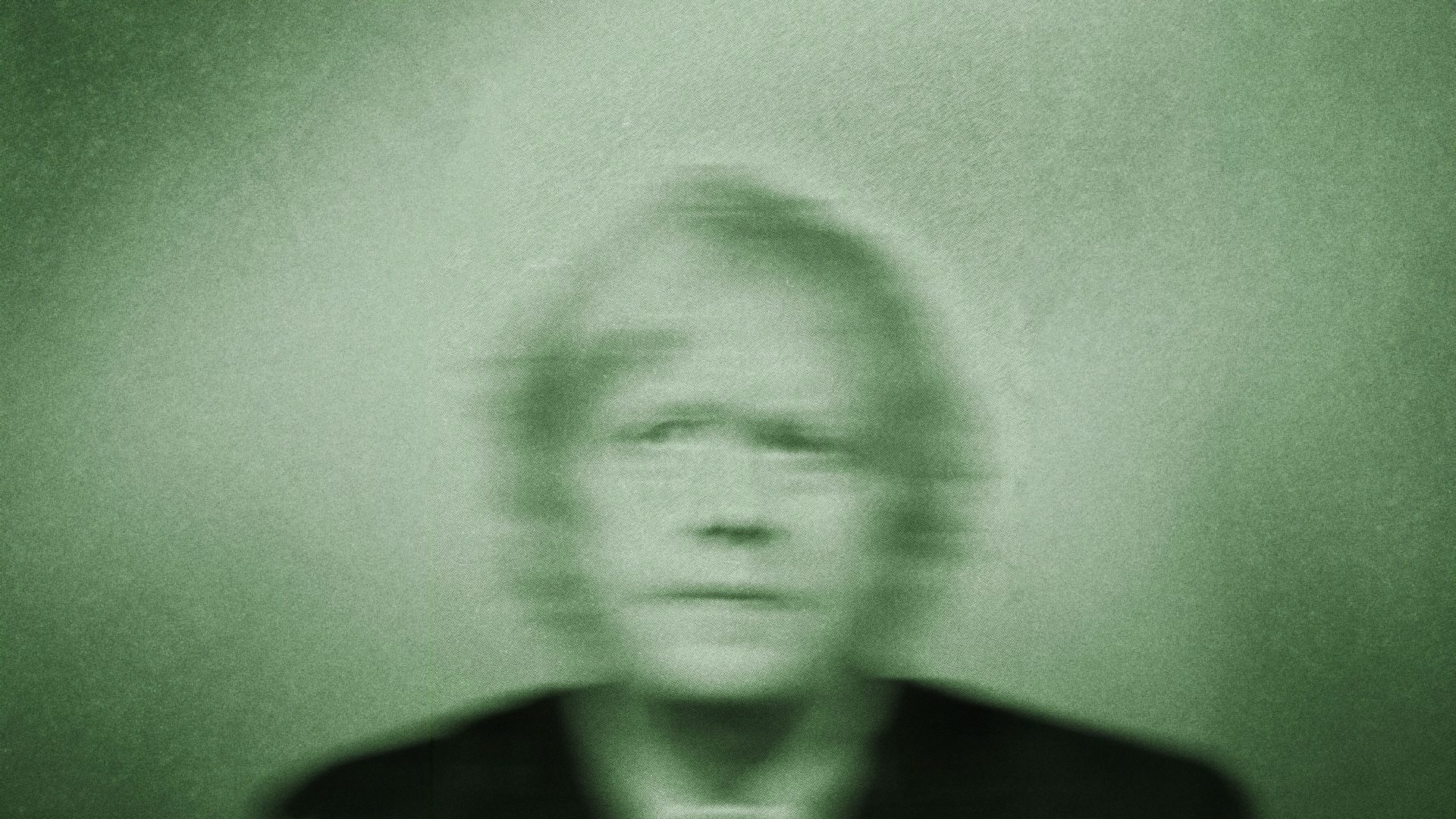A Franco-German report last week proposed a “four-tier Europe” as the solution to the diverging priorities of EU states. There would be an inner circle, modelled on Schengen and the eurozone, consisting of countries prepared to pool their sovereignty around issues like energy, taxation and climate change.
The second tier would be the EU itself, governed by more expansive qualified majority voting (QMV). The third tier would streamline relationships with the EEA countries, Switzerland and perhaps the UK. The fourth tier would be the European Political Community, including Ukraine, Turkey, Moldova and parts of the Caucasus.
The move was seen by the right wing press here as a gambit to lure Britain back into an organised relationship with Brussels. It coincided with Keir Starmer’s assertion that he had no desire to diverge from EU standards, further enraging the Brexiteers.
In fact, the proposal was designed as a response to the challenge of integrating Ukraine, and attacks on the rule of law by populist governments in existing member states like Poland and Hungary.
So the real question – even for Brits like myself who favour a project of reconvergence with the EU – is whether the proposal meets the severity of the situation. The answer is: it might, if its organisational boldness were matched by a revolution in political attitudes among European centrist politicians.
Let’s state the strategic challenge clearly. Deglobalisation is under way. It is speeding up, it is irreversible and it coincides with an explicit challenge to the rules-based order, not just by Russia but by China and the BRICS+ alliance (Brazil, Russia, India, China, South Africa). Those within Europe who saw “strategic autonomy” as a nice-to-have option, loosening the EU’s ties to the US while avoiding any defence or geo-strategic assertiveness, have been disabused.
As Christine Lagarde, head of the European Central Bank, put it in April, the forces of disintegration are so strong that we may even see the world divided into just two blocs, two currency areas and two broad value systems. If Europe is to be “strategically autonomous” in this situation, it must be so as part of a western alliance committed to the charter system, the rule of international law and – via Nato – deterrence of aggression.
The EU’s most pressing challenge is not, in this context, formal enlargement, but how to avoid being ripped apart by a Russian hybrid warfare offensive that uses domestic right wing populism and social media manipulation to send more of its member states down the path of Viktor Orbán’s Hungary (with Slovakia most imminently at risk).
Here the answer is not, immediately, a change of structure or an increase in QMV. It lies in the determination of the liberal centre in Europe to fight and win political battles against right wing populism. And this, as Donald Tusk’s Civic Platform is finding out in Poland, is hard to do when your opponent is prepared to use a mixture of chauvinism and welfarism, and you yourself cannot offer a credible programme of economic justice.
So much as I would like to see the EU reformed in the way suggested – as a hybrid system, with the commission and the parliament strengthened, and national governments given opt-outs from moves to further integration – this will only be possible after the political defeat of the populist right.
Alongside the extension and deepening of democracy in the EU, I want to see all politicians of the left and centre embrace the idea of Militant Democracy, as first outlined by the German-American jurist Karl Lowenstein in the 1930s.
Sure, we must tolerate the right of racists, xenophobes and anti-vaccine wingnuts to free speech and the right of assembly. But the political centre needs to stop regarding such movements as quaint aberrations: they are the avowed enemy of the European project and its values, and must be fought. That means isolating, stigmatising and thwarting their attempts to normalise semi-fascism and Russian influence through all means necessary.
As for Britain’s potential role in a four-tier Europe, the recognition by the EU of a formalised third tier would clear the atmosphere. With Starmer committed to a “no divergence” philosophy, even if he cannot be persuaded to re-enter the customs union in the first five years of a Labour government, the more formal relationships there are between London and Brussels the better.
The unanswered question remains: will American democracy survive? I’m finding, even among educated business types on six-figure salaries, a distinct unwillingness to confront the possibility that it won’t. It is so far above the pay grade of even senior people in the civil service, military and political class of Europe that it seems unthinkable.
The question that really haunts the Group of 12 report is this: what if Trump wins the 2024 US election, either from jail or from bail, pardons himself and the January 6 insurrectionaries, and unleashes constitutional disorder on America?
That would be a slam dunk for the combined forces of Vladimir Putin and Rupert Murdoch (now retired but still a backseat driver). Even something close to that – a right wing Republican presidency that walks away both from Nato and the Ramstein Group supporting Ukraine, would demand an immediate “regime change of the mind” in European capitals.
So yes, a four-tier Europe sounds like part of the survival strategy for the project of ever-closer union. But the survival of democracy is what’s really at stake, and we should be open with each other that it’s not assured.




